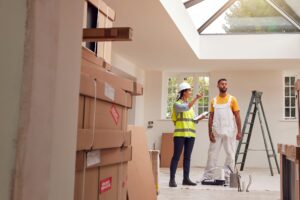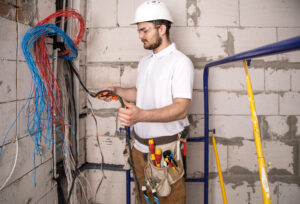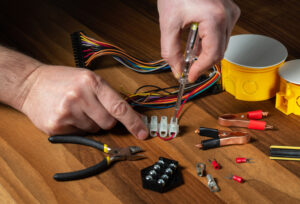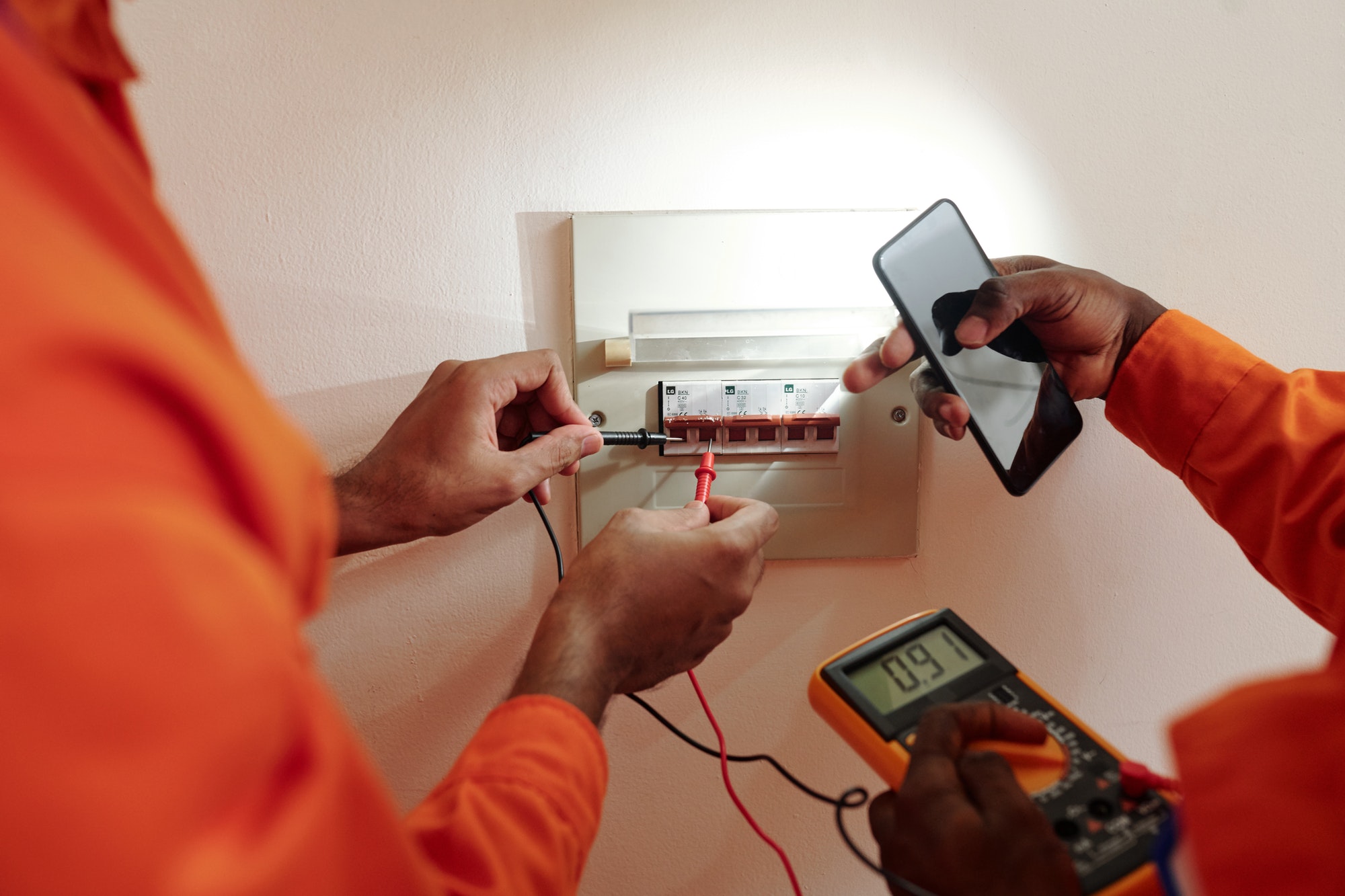As a landlord, maintaining the safety of your rental property is not only a legal obligation but also a critical aspect of tenant satisfaction and well-being. Regular safety checks play a pivotal role in ensuring that your property remains safe, habitable, and compliant with current regulations. This guide provides an overview of the necessary safety checks and their recommended frequencies, helping landlords stay on top of their responsibilities.
Gas Safety Checks
Annual Gas Safety Inspection
- Requirement: By law, landlords must arrange for a gas safety inspection every year.
- Conducted By: A registered Gas Safe engineer.
- What It Involves: Checking gas appliances, flues, and fittings to ensure they are safe and functioning correctly.
- Documentation: A Gas Safety Certificate (CP12) must be provided to tenants within 28 days of the check and a copy retained for at least two years.
Electrical Safety Checks
Electrical Installation Condition Report (EICR)
- Frequency: Every five years or at the start of a new tenancy, whichever comes first.
- Conducted By: A qualified electrician or electrical contractor.
- What It Involves: Inspecting the condition of electrical installations, including wiring, sockets, and light fittings, to identify potential hazards.
- Documentation: A copy of the EICR must be provided to tenants and, if requested, to the local authority.
Portable Appliance Testing (PAT)
PAT Testing
- Frequency: Annually or as recommended based on the type of appliances and their usage.
- Conducted By: A competent person, which could be a trained individual or a professional electrician.
- What It Involves: Testing portable electrical appliances to ensure they are safe to use.
- Documentation: Keep records of PAT tests and provide tenants with evidence upon request.
Fire Safety Checks
Smoke and Carbon Monoxide Alarms
- Smoke Alarms: Ensure that smoke alarms are installed on every floor of the property and tested at the start of each new tenancy.
- Carbon Monoxide Alarms: Required in rooms with a solid fuel-burning appliance, such as a wood burner. Regularly test these alarms, ideally once a month.
- Maintenance: Replace batteries as needed and ensure the alarms are functioning properly.
Legionella Risk Assessment
Legionella Testing
- Frequency: At least every two years or whenever there is a change in the water system or usage pattern.
- Conducted By: A competent person, which could be a trained landlord or a professional service.
- What It Involves: Assessing the risk of Legionella bacteria in the water system, particularly in water storage tanks and showers.
- Documentation: Maintain a record of the risk assessment and any actions taken.
Property Inspections
Routine Property Inspections
- Frequency: Every three to six months.
- Conducted By: The landlord or a property management company.
- What It Involves: Checking the overall condition of the property, ensuring compliance with safety standards, and identifying maintenance issues.
- Documentation: Document the inspection findings and communicate any necessary repairs or safety improvements to tenants.
Benefits of Regular Safety Checks
- Legal Compliance: Adhering to safety check schedules ensures compliance with legal requirements, avoiding potential fines or legal action.
- Tenant Safety: Regular inspections and maintenance reduce the risk of accidents, injuries, and health issues for tenants.
- Property Preservation: Identifying and addressing issues early helps maintain the property’s condition, preventing costly repairs in the future.
- Tenant Satisfaction: Demonstrating a commitment to safety and maintenance fosters a positive relationship with tenants, leading to longer tenancies and fewer vacancies.
Conclusion
Regular safety checks are an integral part of property management for landlords. By adhering to the recommended frequencies for gas, electrical, fire, and Legionella safety checks, as well as conducting routine property inspections, landlords can ensure compliance with legal standards, protect their investment, and most importantly, provide a safe living environment for their tenants.






